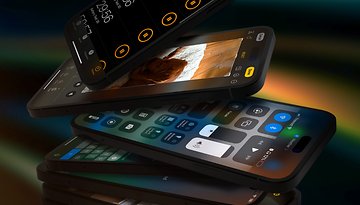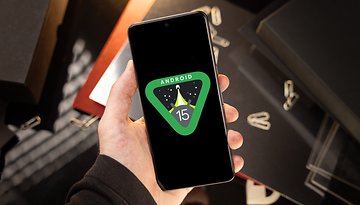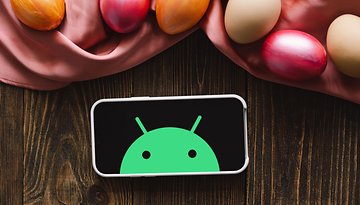Apple Extends Free Emergency SOS via Satellite Service on iPhone 14
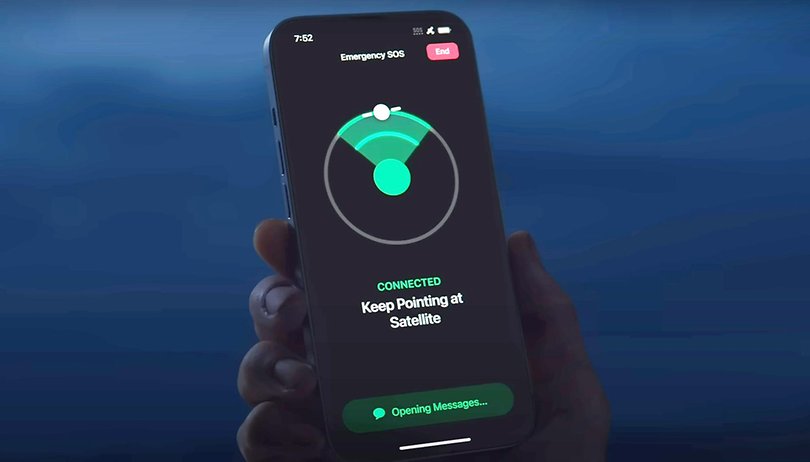

Last year's Apple iPhone 14 (review) debuted with satellite connectivity that has been integrated with Emergency SOS. The iPhone manufacturer pledged that the service will be free for two years, starting from the activation of the handset. Today, Appple announced that they are extending the free trial for existing iPhone 14 devices by another year.
The Emergency SOS via satellite has saved lives before in a handful of cases. It uses low-orbit geostationary satellites to connect to emergency responders in areas where there is no cellular or Wi-Fi connection. Apple improved it with the new iPhone 15 (review) thanks to the addition of Roadside Assistance in select markets.
As for iPhone 14 models that have been activated before November 15th (12 am PT) in countries where satellite connectivity is available, Apple will extend the service for another year. This means the feature will usable for two more years for iPhone 14 and iPhone 14 Pro handsets that were purchased last year. Subsequently, the free usage will expire by September 2025 in time for the iPhone 15.
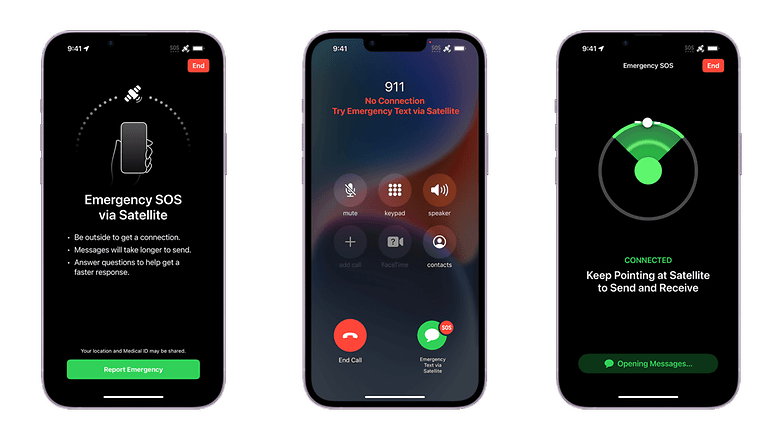
Apple did not reveal how much the satellite service will cost after the trial. It is also unclear if they will also extend the service to iPhone 15 models.
At the moment, Emergency SOS via satellite is available in 16 countries with Italy, Portugal, Austria, and the Netherlands, among the most recent countries added. The Roadside Assistance via satellite, which is also free for the iPhone 15 and iPhone 15 Pro (review), requires iOS 17 to run and is still limited to the USA and Puerto Rico at the time of publishing.
Aside from Apple, other major manufacturers also plan to introduce a satellite-based feature on their devices. The upcoming Samsung Galaxy S24 is partly confirmed to ship with satellite connectivity that could enable two-way messaging. However, it remains unknown whether the feature on the flagship will also be available freely at launch.
Do you think that satellite connectivity is a vital function until 5G or Wi-Fi 7 becomes the standard in smartphones? We're interested to hear your thoughts on the matter.
Source: Apple





